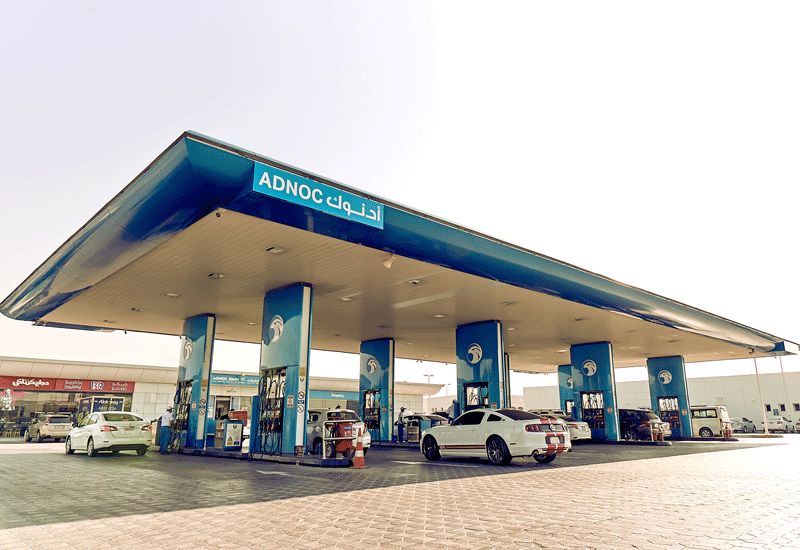A diversified and integrated group of energy, ADNOC, has begun construction works for Middle East’s First Hydrogen Refueling Station. The high-speed development’s location will be within Masdar City in Abu Dhabi.
For the testing of the refueling station, ANDOC got into a partnership with Al-Futtaim Motors alongside Japanese car maker, Toyota. The official statement further noted that a fleet of clean hydrogen-powered vehicles will be used for the test runs.
As industries and economies make the transition into a low-carbon world, Hydrogen is reported to become a critical fuel. Its production can be sourced from natural gas and renewable energy. Moreover, it is available in a wide array of forms, such as green, grey, and blue hydrogen. Natural gas results in the production of both grey and blue hydrogen. On the other hand, splitting water molecules through electrolysis produces green hydrogen.
Read Also: UAE And India Sign MoU Agreement For IIT Campus In Abu Dhabi
The Middle East’s First Hydrogen Refueling Station Project’s Decarbonization Goal
According to an official statement from the state-owned energy company, it will make create clean hydrogen from water. The process is reported to utilize an electrolyzer that will be powered by clean grid electricity. An International Energy Agency reported that investment in clean energy will potentially reach $1.7 trillion, this year. Additionally, in 2023, Global energy investment is estimated to reach $2.8 trillion. Over 60% of the investment allocation is reportedly towards clean technology, which includes electric vehicles, heat pumps as well as renewables.
While speaking about climate change, the Minister of Industry and Advanced Technology, Cop28 President said that there is an essential need to reduce carbon emissions. Dr. Sultan Al Jaber noted that through the Middle East’s First Hydrogen Refueling Station project, ADNOC aims to reflect its commitment to prioritizing sustainability. Furthermore, Sultan, who is also ADNOC’s Managing Director and Group Chief Executive stated that the development strives to decarbonize operations.
Quite impressively, the UAE, by 2031, targets to annually produce about 1.4 million metric tonnes of hydrogen. Moreover, by 2050, a press release statement noted that the region aims to produce 15 million metric tonnes, every year.

Leave a Reply